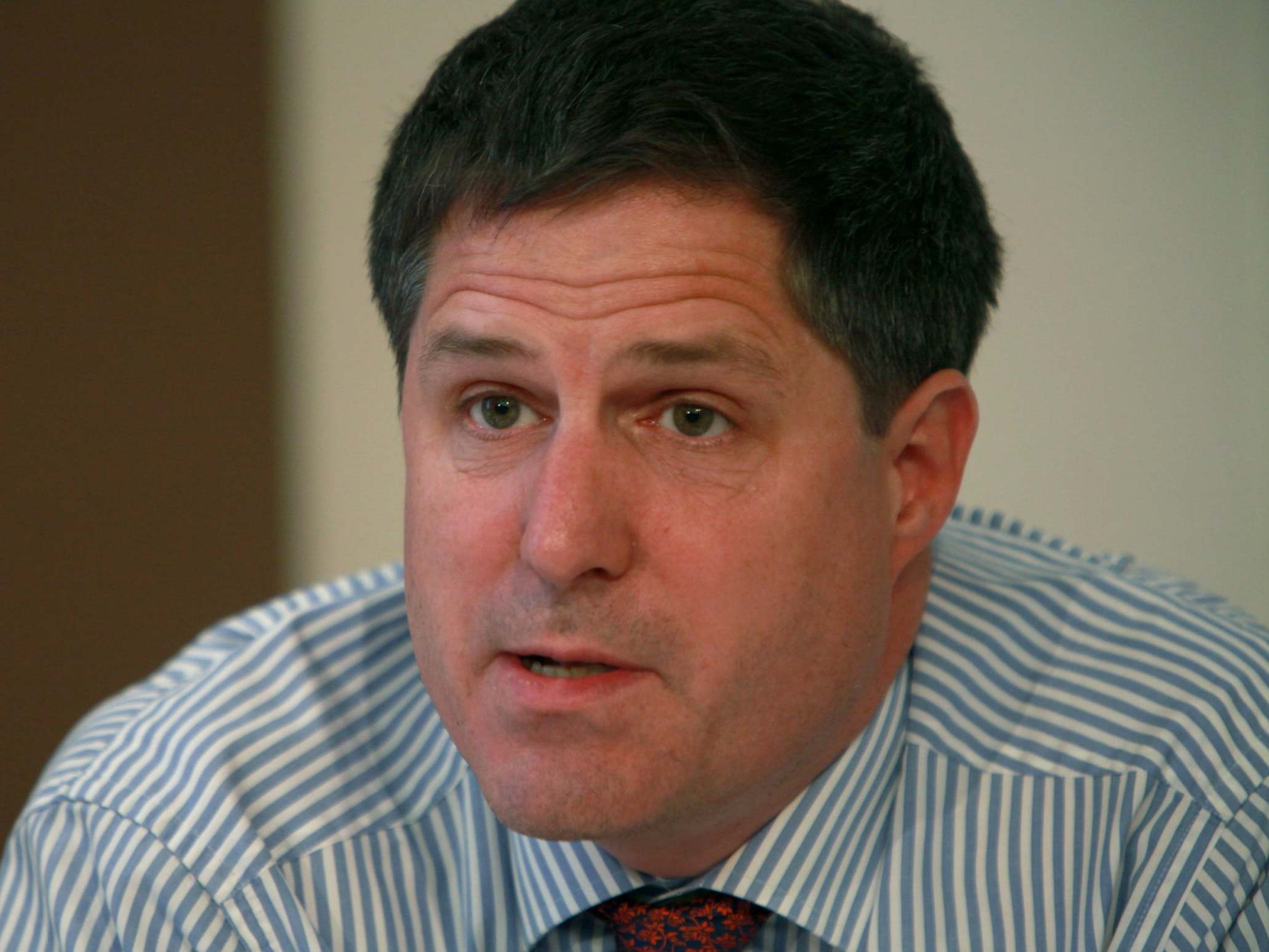Is McDonnell right to fuss about the Treasury Committee’s coterie of Tory ex-bankers?
A majority of the committee’s Conservative members have a background in banking. That could be to its advantage. It just depends on how they see their role, James Moore reports


A new Treasury Committee has been elected and that’s something to be welcomed.
It ought to play an important role in holding what is usually the government’s most powerful department to account. Ditto Britain’s financial watchdogs, the Bank of England, the City of London and the heavyweight financial services industry.
But there’s a problem, according to shadow chancellor John McDonnell: four of the six Tories are former bankers. The only exceptions: arch Brexiteer Steve Baker, who once worked for Lehman Brothers but in software design, and chair Mel Stride.
The CVs of the others include the names of NatWest, JP Morgan and Bank of America as well as that of Lehman, while Anthony Browne formerly served as chief executive of the British Bankers’ Association. The industry’s mouthpiece, in other words.
McDonnell opined that the appointments confirmed “yet again that the Tory Party is run lock, stock and barrel by the City and bankers”. He said he feared the committee would become “toothless” and refuse to hold the finance sector to account.
Is he right? Or was he just playing politics?
There’s obviously a bit of the latter. Saying the Conservative Party is in the pocket of bankers is a good line of attack for Labour even though, in reality, a lot of very senior bankers despair over the direction the Tories have taken. They wanted to stay in the EU. They will likely play by its rules regardless of what the government tries to do.
Given its role, the Treasury Committee really ought to benefit from the presence of people with real expertise in the areas it covers.
That includes former bankers, although it’s fair to question whether it's entirely helpful to have so many of them.
These are the kind of people who should have a good idea of where the industry’s bodies are buried. In theory, former bankers should be ideally placed to ask questions of bank CEOs when they’re called on to account for the latest scandal. They should also be adept at formulating follow ups when those CEOs try to stick to the scripts their PR people have written for them with their answers.
The committee’s reports, too, ought to be improved by their input and expertise.
Ought to be.
Much depends on how willing the committee’s ex-bankers are to play the role of poachers turned gamekeepers; to challenge, rather than to coddle in the hope that there might be a non-executive directorship or two coming to them down the line.
If they are in the former camp, then the committee should be in good shape. If not, then McDonnell will be able to say “I told you so”.
There’s a lot riding on this committee as Britain heads into choppy economic waters.
It attained an extraordinary level of power under Andrew Tyrie, who had more clout than some cabinet ministers and served as an occasional thorn in the side of the governments of David Cameron and George Osborne.
He was followed by an out of government Nicky Morgan, whose term was less distinguished and who soon departed for a fresh supply of red boxes courtesy of the Department of Culture, Media & Sport.
Stride, a former Treasury minister, is still only the fifth person to chair the committee. He and his honourable banker friends have some thinking to do. They have to decide upon the road down which they wish to travel.
The omens don’t exactly point to their choosing the right one, by which I mean the independent minded one.
The Tory Party has been hollowed out and reshaped in Boris Johnson’s image. Free thinking among its MPs has never exactly been encouraged. Now? Push it too far and you could find yourself waving goodbye to the party whip.
That being the case, McDonnell’s intervention was a worthy one because it challenges the former bankers among the committee’s membership, and Stride, to prove him wrong.
It is important for the sake of the country that they do that.
Join our commenting forum
Join thought-provoking conversations, follow other Independent readers and see their replies
Comments